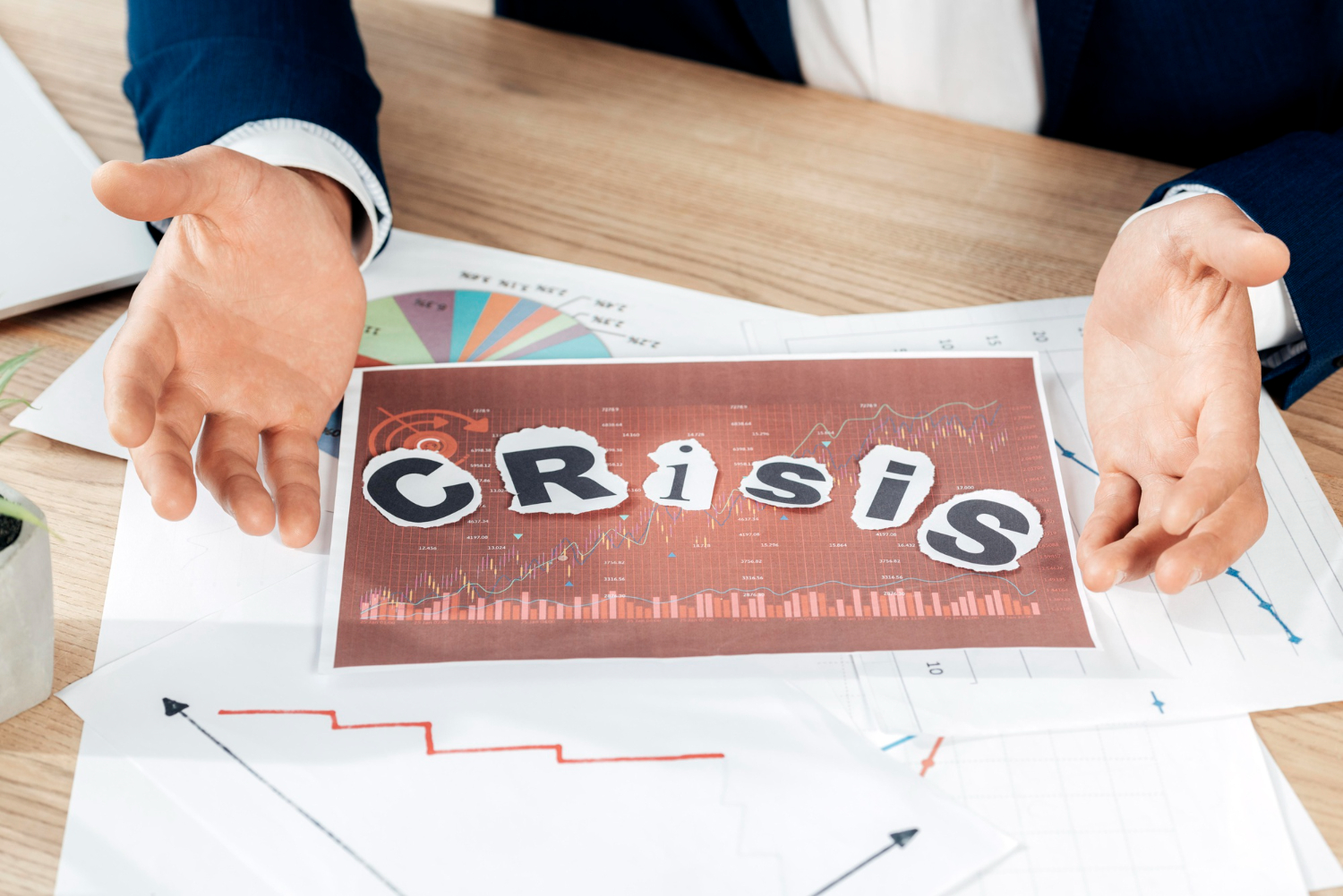In today’s fast-paced digital age, even a single misstep can have far-reaching consequences for a brand’s reputation. A crisis—whether it’s a product recall, data breach, or public relations disaster—can erode trust, damage sales, and potentially lead to business failure. However, with a well-crafted crisis management plan and effective public relations strategies, organizations can mitigate the damage and emerge stronger than before.
PR Overview
The Importance of Proactive Planning
The most effective crisis management plans are those developed in advance. By anticipating potential risks and devising strategies to address them, organizations can minimize the impact of a crisis and respond swiftly and decisively when one occurs. A comprehensive plan should include a designated group of individuals responsible for coordinating the response to a crisis.
Next is a list of preferred channels for communicating with stakeholders, such as press releases, social media, and direct outreach. Clear guidelines on what to say and what not to say during a crisis are another key element.
Companies should be training key personnel on handling media inquiries and interviews. Lastly, it’s important to make plans for responding to specific types of crises, such as product recalls, data breaches, or natural disasters.
Responding to a Crisis
When a crisis occurs, swift and decisive action is essential. The first 24 hours are often critical, and organizations must act quickly to contain the damage and regain control of the narrative. First, admit that there is a problem and take responsibility. Be honest and transparent about the situation, even if the information is incomplete.
Utilize all available channels to communicate with stakeholders, including employees, customers, investors, and the media. Develop a plan to address the root cause of the crisis and implement it quickly. Continuously monitor public sentiment and respond to questions and concerns in a timely manner.
Rebuilding Reputation
After a crisis, rebuilding a damaged reputation can be challenging, but with the right strategies, it is possible to regain trust and credibility. Key elements of reputation rebuilding include authenticity – in other words, genuine and transparent communication.
Show understanding of the crisis’s impact on stakeholders. Demonstrate steps taken to prevent similar incidents in the future. Support causes that are important to stakeholders and give back to the community. Reputation rebuilding takes time, and persistence is crucial.
The Role of Public Relations
Crisis public relations play a critical role in crisis management and reputation protection. PR professionals can help organizations anticipate crisis situations before they happen. They’re able to identify potential risks and develop strategies to mitigate them.
PR professionals help clients communicate effectively no matter the situation as they craft clear and compelling messages that resonate with stakeholders. They manage media relations by handling media inquiries and interviews professionally and effectively.
PR professionals also monitor the public sentiment of their clients and their brands by tracking public opinion and identifying potential issues. At the end of the crisis, they also help in rebuilding the company’s reputation. That entails developing and implementing strategies to restore trust and credibility.
Social Media Listening Tools for Crisis Monitoring
Social media crises can strike any brand without warning, making real-time monitoring and quick...
Mastering Recall Communication: Insights & Strategies For Effective Product Recalls
Product recalls can severely impact supplement companies, threatening both consumer safety and...
The Impact Of PR Efforts On Water Park Guest Confidence And Attendance
Using PR to Address Safety Concerns at Water Parks Water park safety remains a top priority for...




